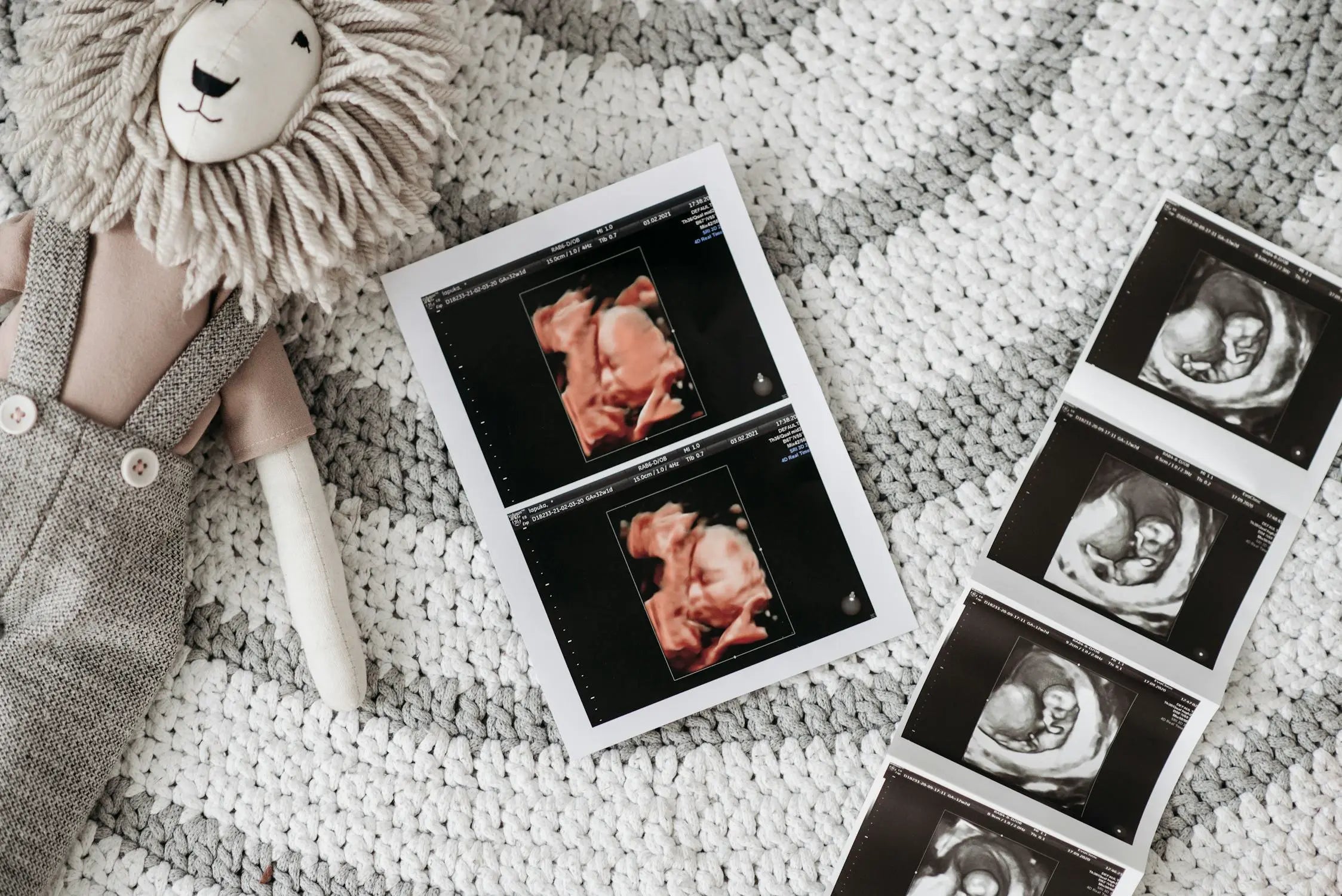Accueil
Pregnancy, Breastfeeding, and Pumping: The Ultimate Guide for Moms
How Long Until Pregnancy Test Shows: A Comprehensive Guide

How Long Until Pregnancy Test Shows: A Comprehensive Guide
Discovering whether you're pregnant can be an emotional and life-changing moment. Knowing how long until a pregnancy test shows accurate results is essential for making informed decisions. This guide will walk you through everything you need to know about the timing, accuracy, and factors that can affect pregnancy test results.
Understanding Pregnancy Tests
Pregnancy tests work by detecting the presence of human chorionic gonadotropin (hCG), a hormone produced during pregnancy. This hormone is released when a fertilized egg attaches to the uterine lining. The levels of hCG increase rapidly in the early stages of pregnancy, making it a reliable marker for pregnancy tests.
Types of Pregnancy Tests
There are two main types of pregnancy tests: urine tests and blood tests. Urine tests are the most common and can be done at home, while blood tests are typically performed in a medical setting. Both types of tests detect hCG, but blood tests can detect lower levels of the hormone earlier than urine tests.
How Long Until a Pregnancy Test Shows Results?
The timing of when a pregnancy test can show accurate results depends on several factors, including the sensitivity of the test and the timing of implantation. Most home pregnancy tests claim to provide accurate results as early as the first day of a missed period. However, some highly sensitive tests can detect hCG levels as early as 7 to 10 days after conception.
Early Testing
Testing too early can lead to false negatives, as hCG levels may not be high enough to detect. If you test early and get a negative result but still suspect you might be pregnant, it's advisable to wait a few days and test again. The hCG levels double approximately every 48 hours in early pregnancy, so waiting can increase the accuracy of the test.
Testing After a Missed Period
Testing after a missed period generally provides more accurate results. By this time, hCG levels are usually high enough to be detected by most home pregnancy tests. However, factors such as irregular menstrual cycles can affect the timing of when to test.
Factors Affecting Pregnancy Test Results
Several factors can influence the accuracy of a pregnancy test, including:
- Test Sensitivity: Different tests have varying levels of sensitivity to hCG. More sensitive tests can detect lower levels of the hormone earlier in pregnancy.
- Timing of Implantation: Implantation can occur anywhere from 6 to 12 days after ovulation. Testing before implantation has occurred will result in a negative test, even if conception has taken place.
- Urine Concentration: The concentration of hCG in urine can vary depending on how diluted the urine is. Testing with first-morning urine, which is more concentrated, can increase the accuracy of the test.
- Medications and Medical Conditions: Certain medications and medical conditions can affect hCG levels, potentially leading to false positives or negatives.
Interpreting Pregnancy Test Results
Understanding how to interpret pregnancy test results is crucial. Most tests use lines or symbols to indicate whether the test is positive or negative. A positive result typically shows two lines or a plus sign, while a negative result shows one line or a minus sign. Some tests also include a control line to indicate that the test is working correctly.
False Positives and Negatives
False positives and negatives can occur for various reasons. A false positive may result from an early miscarriage, certain medications, or an evaporation line mistaken for a positive result. A false negative can occur if the test is taken too early, the urine is too diluted, or the test is not used correctly.
When to See a Doctor
If you receive a positive result on a home pregnancy test, it's important to confirm the result with a healthcare provider. They can perform a blood test or ultrasound to confirm the pregnancy and provide guidance on next steps. If you receive a negative result but still suspect you might be pregnant, consult a healthcare provider for further evaluation.
Emotional Considerations
Waiting to take a pregnancy test and interpreting the results can be an emotional experience. It's important to take care of your mental and emotional well-being during this time. Whether you're hoping for a positive or negative result, having a support system in place can help you navigate the process.
Conclusion
Understanding how long until a pregnancy test shows accurate results is essential for anyone trying to conceive. By considering factors such as test sensitivity, timing of implantation, and urine concentration, you can increase the likelihood of obtaining an accurate result. Remember, if you have any doubts or concerns, consulting a healthcare provider is always the best course of action.
Taking a pregnancy test is a significant step in your journey, whether you're hoping to conceive or not. Armed with the right information, you can approach this moment with confidence and clarity. Don't hesitate to seek support and guidance as you navigate this important chapter in your life.
Partager
